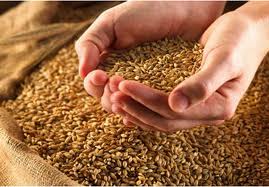RFS waiver may lead to higher feed cost for US farmers

Waiving the Renewable Fuel Standard (RFS) in 2013 could actually result in higher net feeding costs for livestock and poultry producers, according to a new analysis conducted by Cardno-Entrix and commissioned by the Renewable Fuels Association (RFA).
The study found that if a waiver of the RFS did reduce biofuel output, trivial corn price reductions would be partially or fully offset by increased prices for other feed ingredients like distillers grains (DDGS) and soybean meal. DDGs, corn gluten feed and corn gluten meal are co-products of ethanol production that are fed to livestock and poultry across the United States. Every bushel of corn (24 kg) processed by an ethanol plant produces 2.7 gallons (10 litres) of ethanol and approximately 17 pounds (7.5 kg) of animal feed. The US ethanol industry produced some 37 million metric tonnes of animal feed in 2011, including 34 mmt of distillers grains. Additionally, increased production of biodiesel from soybean oil has facilitated growth in soybean meal production in recent years. Soybean meal is a valuable source of protein for livestock and poultry worldwide; it is produced as a co-product of soybean oil. Thus, increased demand for soybean oil drives increased production of, and lower prices for, soybean meal. Obviously, if a waiver of the RFS reduced production of ethanol and biodiesel, it would also reduce production of these important animal feed co-products. “When viewed in the context of changes in the prices for other key feed ingredients such as DDGS and soybean meal, the change in total net feed costs for livestock, dairy and poultry feeders would either increase slightly or decrease by a negligible amount if a waiver was granted,” according to the study, conducted by economist John Urbanchuk.











Vélemény, hozzászólás?
Hozzászólás küldéséhez be kell jelentkezni.